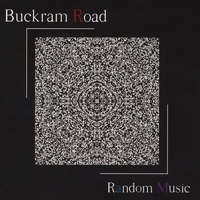Long Island is not only a "series" of individual communities, it is in many cases a series of neighborhoods existing within these communities.
This governmental "hyperlocalism" is firmly entrenched in our "New England" approach to governing our communities and our basic distrust of large entities controlling our actions without giving us a voice. Even the most active local politician or community leader knows the difficulty of bringing diverse elements together within a community for a common purpose.
Interestingly, as political leaders here in New York wrestle with whether we can consolidate all the various levels of government and if we do, whether it will in fact lead to significant tax savings, media is experiencing a consolidation of its own. This consolidation however may actually lead to a more "hyperlocal" media. Is there a connection between the consolidation or convergence of media and how we may govern ourselves in the near future?
Web 2.0 including (XML technologies) has made it even easier for almost anyone to become a media power. No longer does an individual or organization need a large amount of capital to be competitive. Bloggers are just the beginning of what we are to see in this new era of information sharing. International and national content (news and opinions) are readily available via xml feeds to any web site. Local content is another matter. On Long Island, as elsewhere, the more local the content, the more interest it holds for the reader. But who can now provide the local content. In short almost anyone with time to spare and in some cases with greater insight and skill.
So, if information will be easier to share, and people have an inherent interest in local issues, it would seem that the move to consolidate local government would fly in the face of what most folks are interested in preserving.
Why not just make local information on the various levels of government easier to share and more accessible to analyze?
Is this not a better way to preserve local control and local identity while ensuring greater accountability?
Won't this type of behavior allow all levels governments to look to each other and to pick the best practices and to foster cooperation? Can local government take advantage of the emerging "service science" movement?
In the near future, will communities and individuals rely more on one another for accurate information than on the media or government?
Subscribe to:
Post Comments (Atom)











































No comments:
Post a Comment